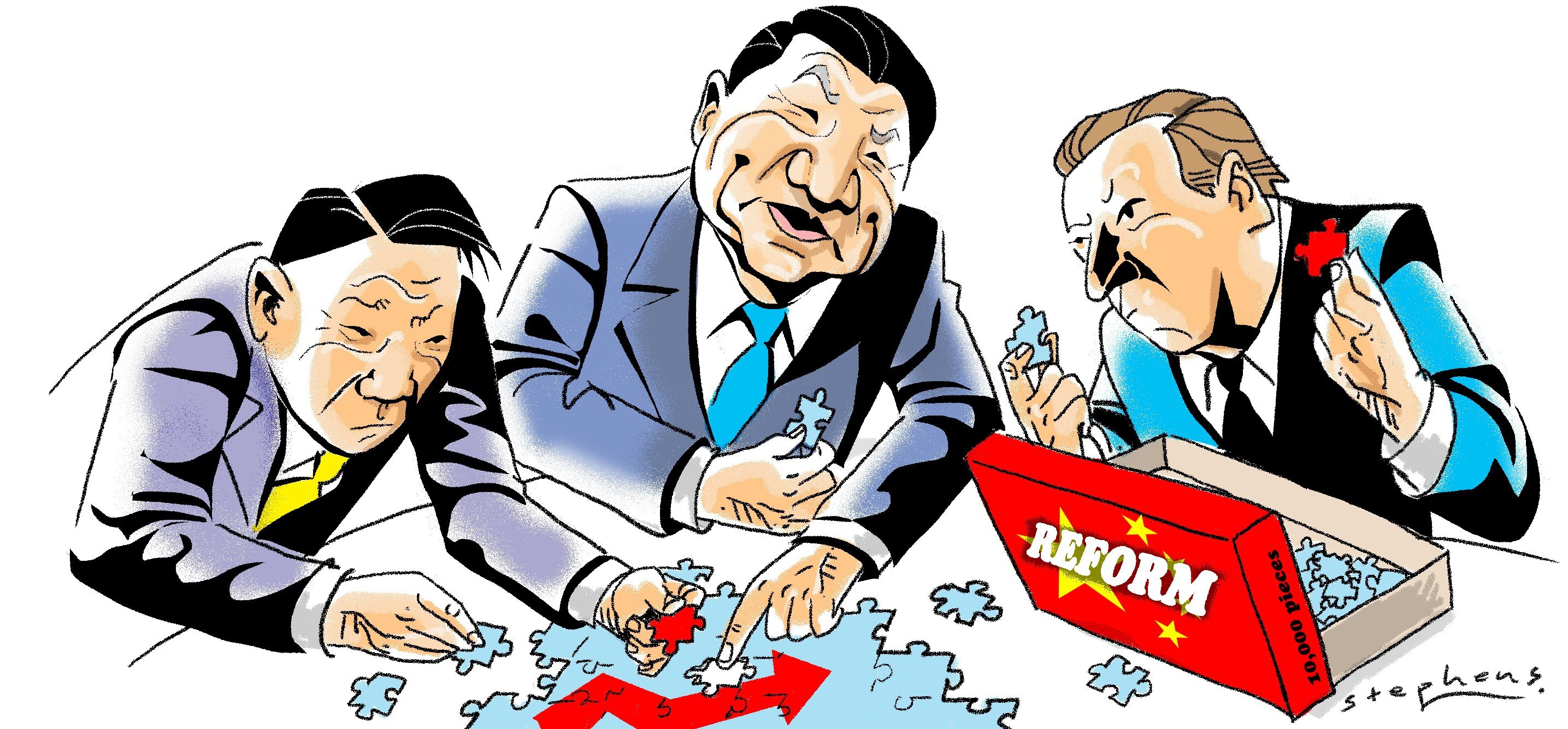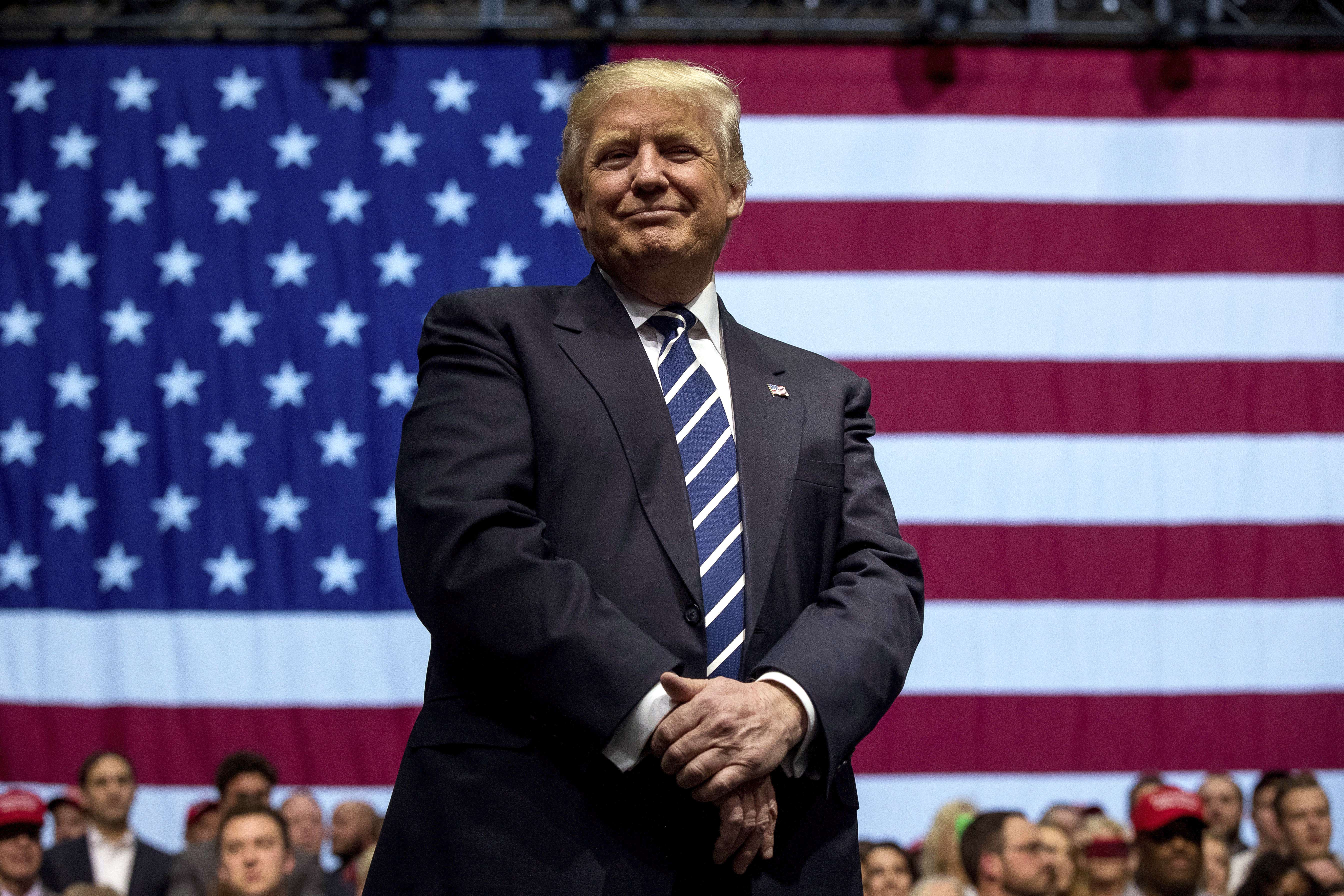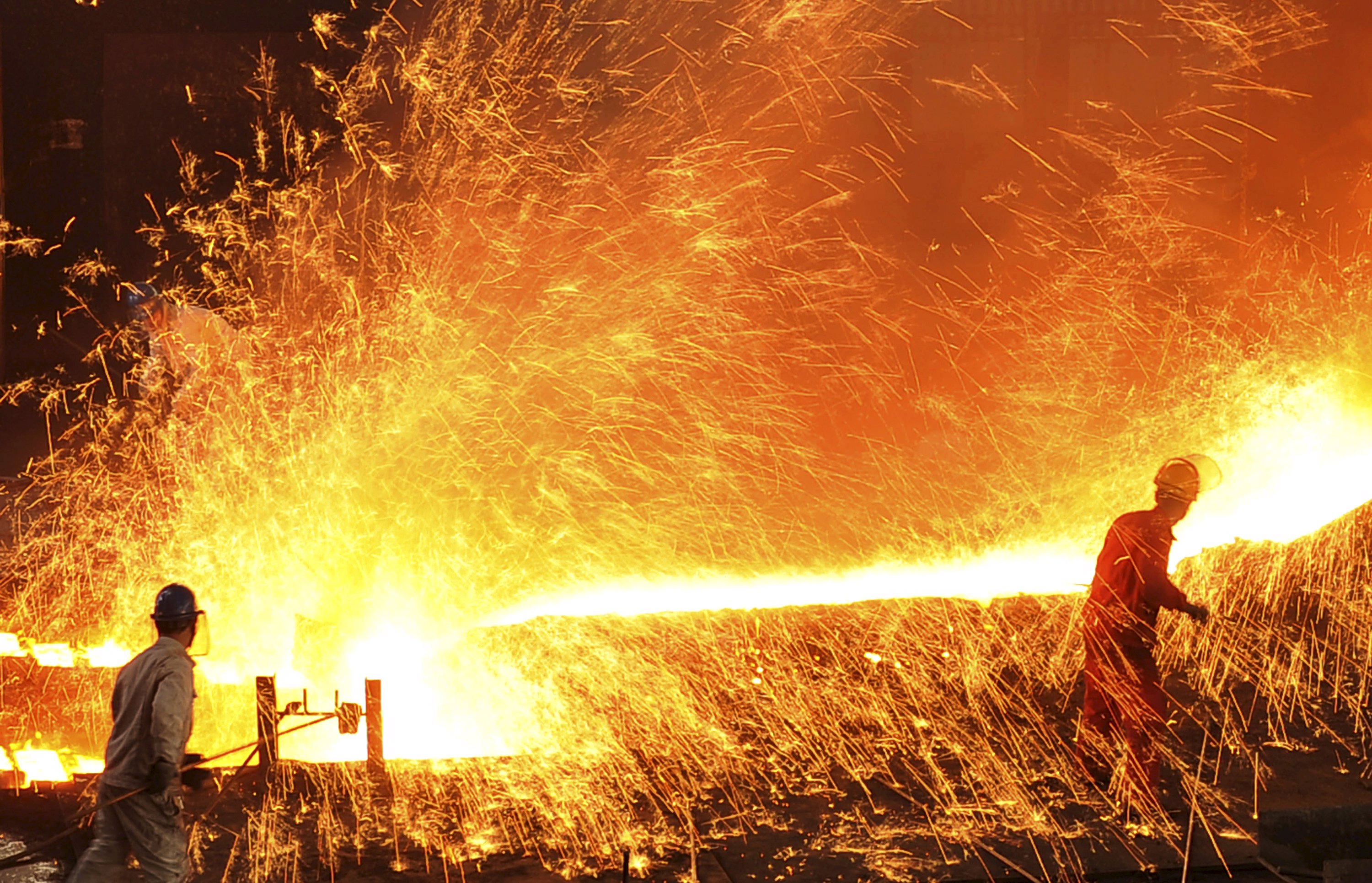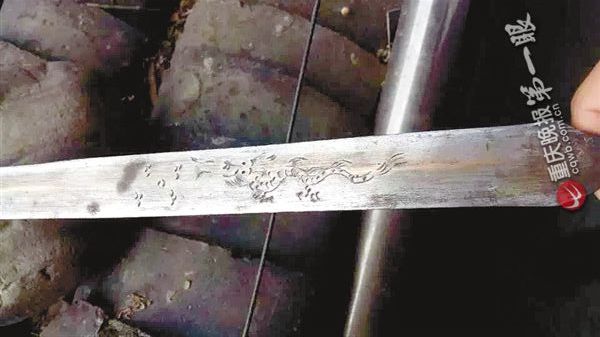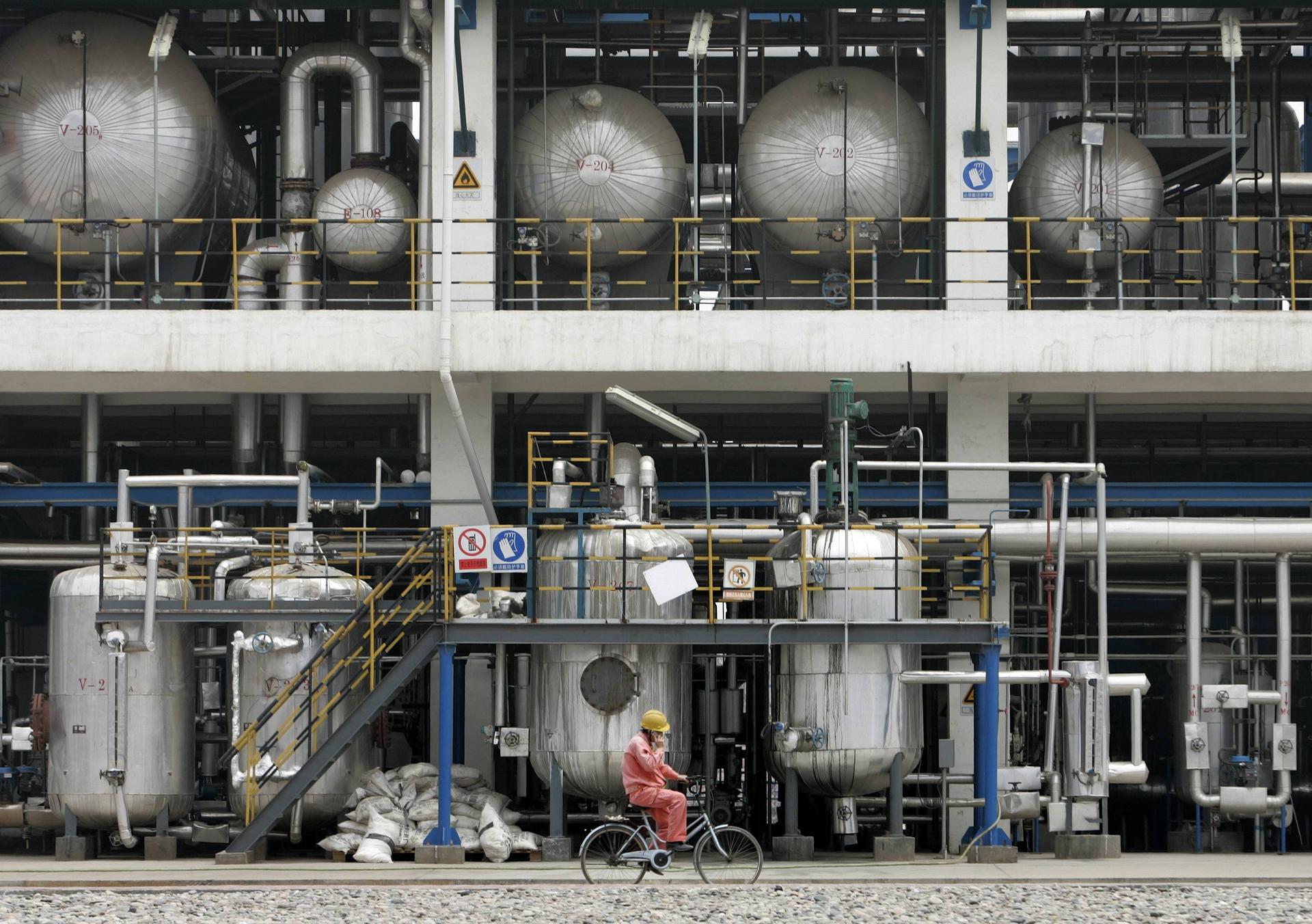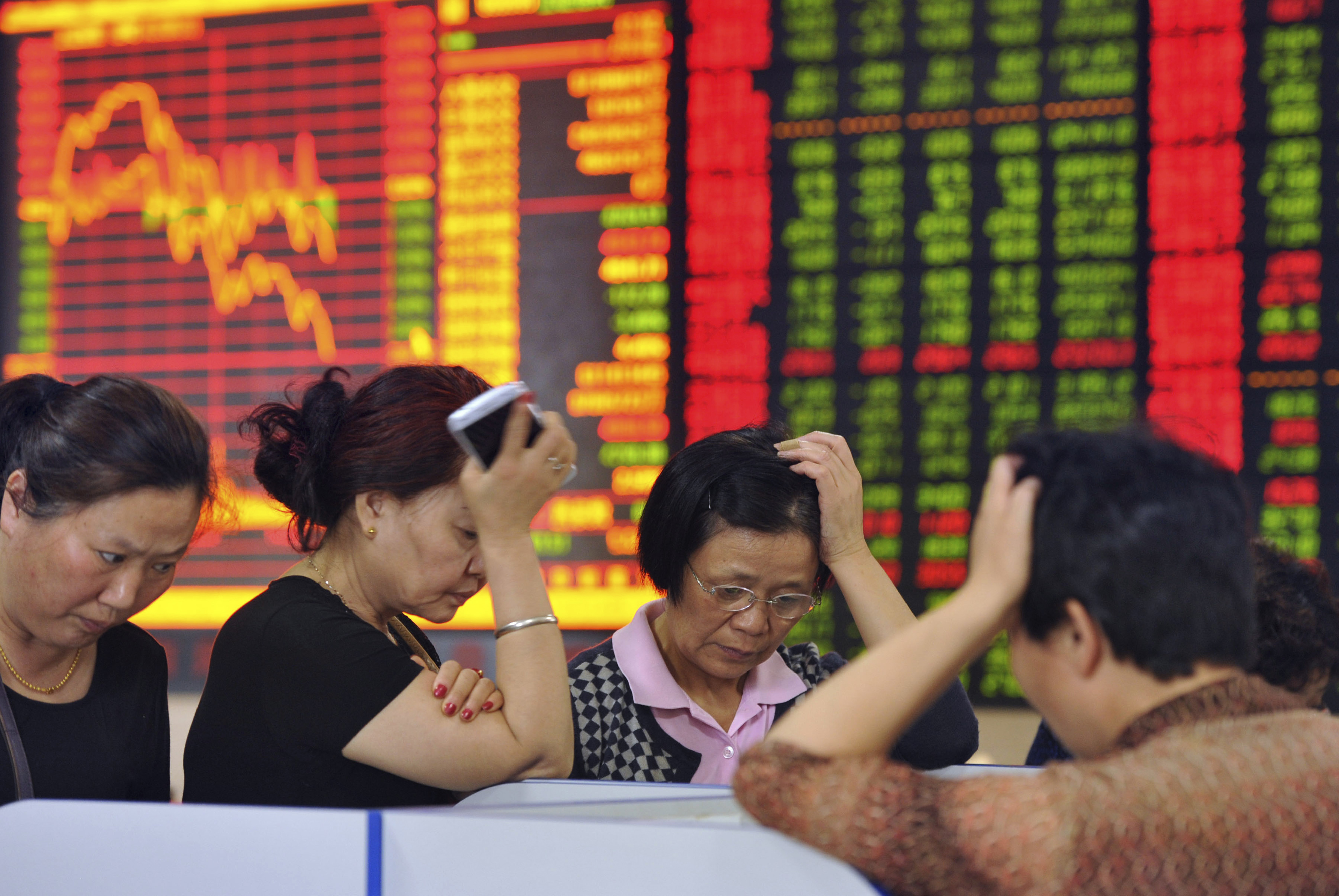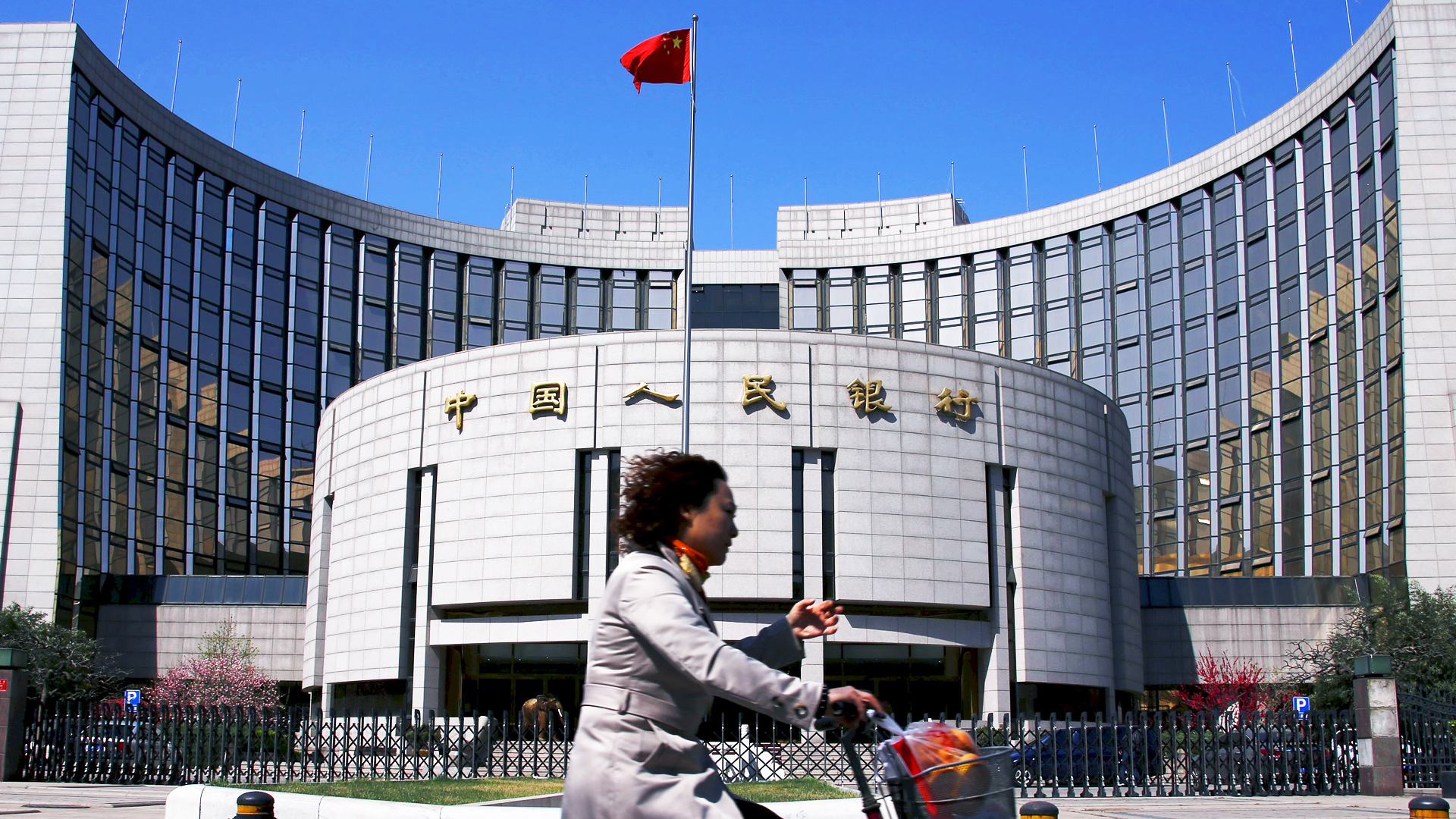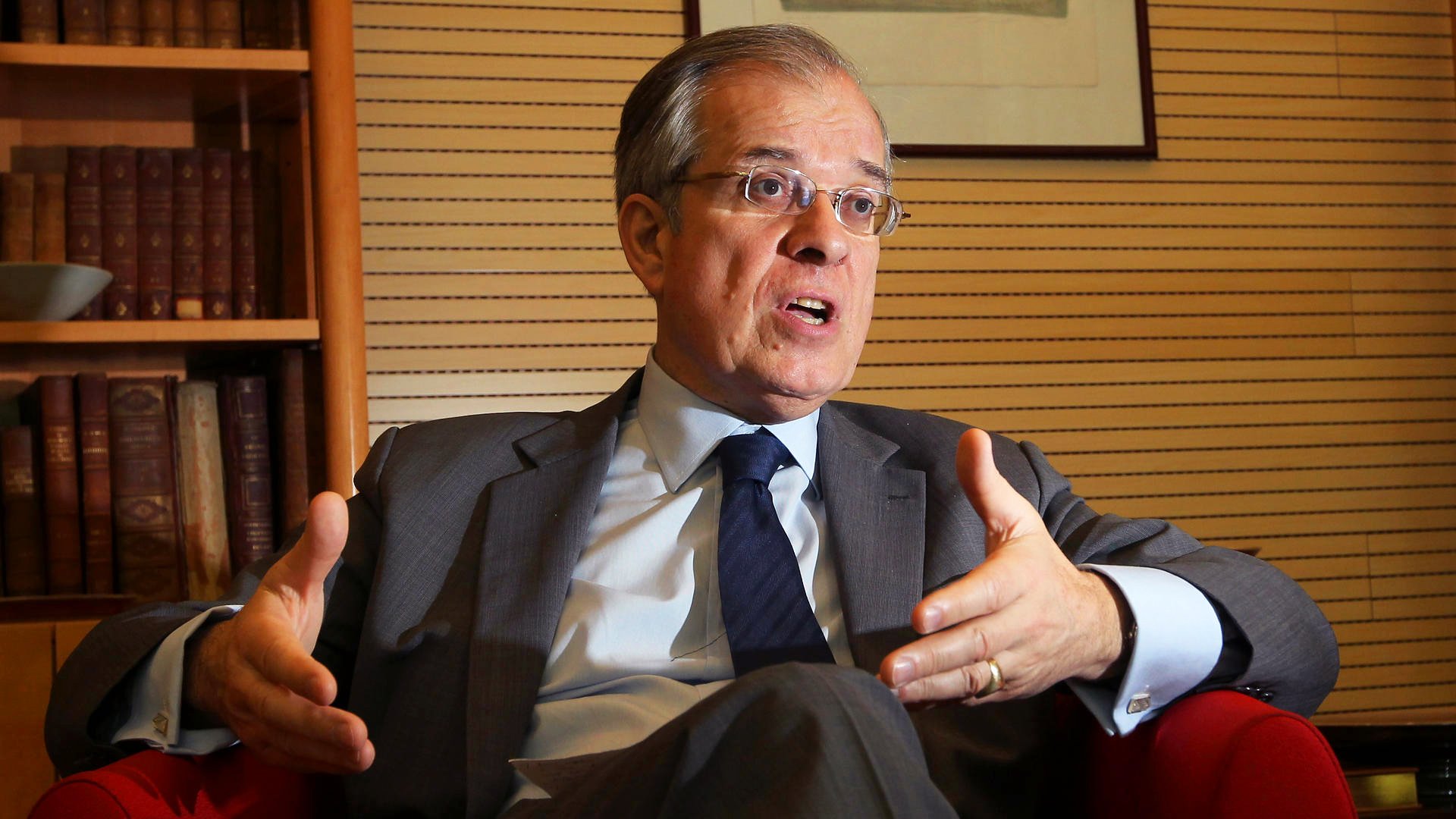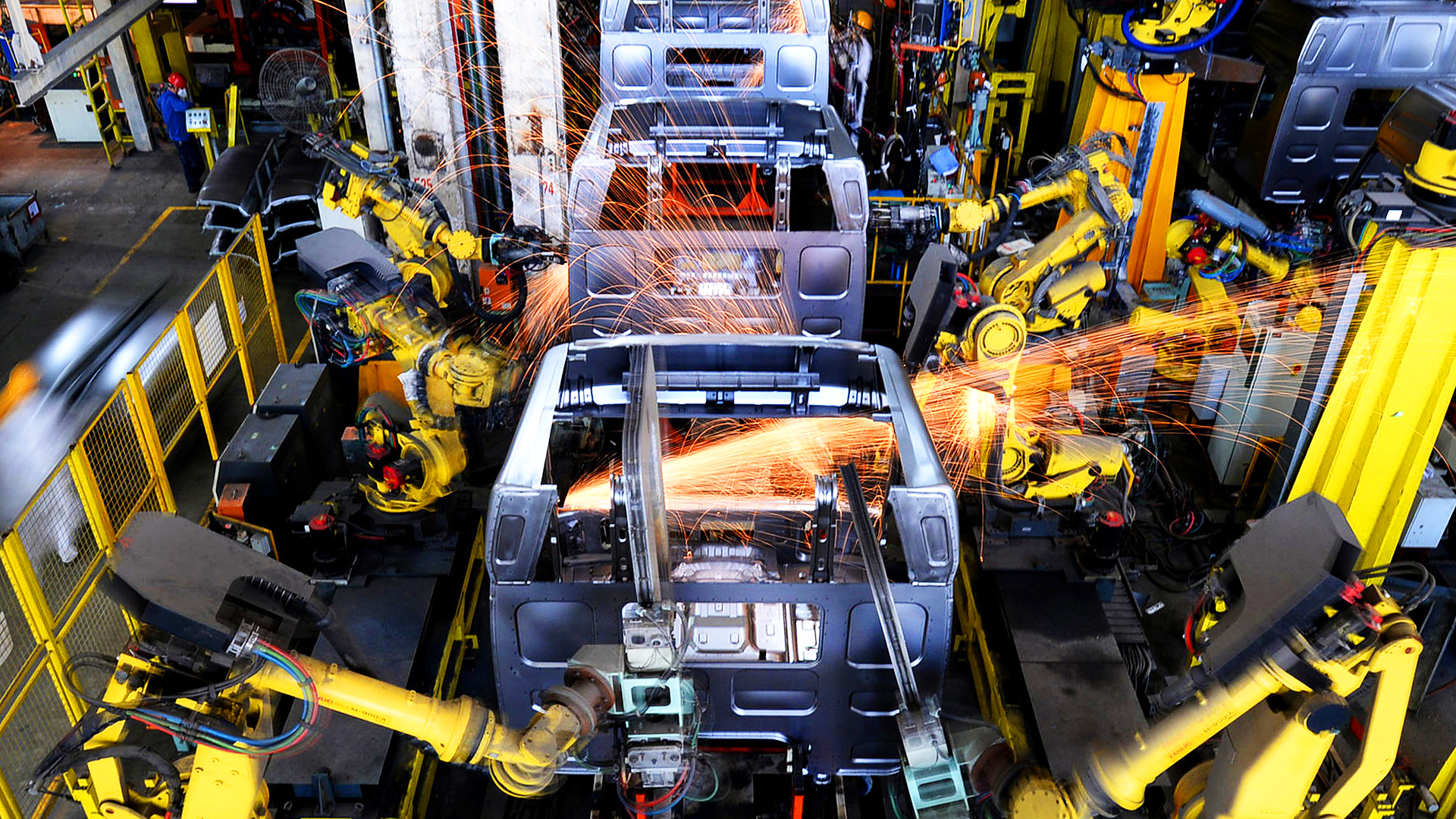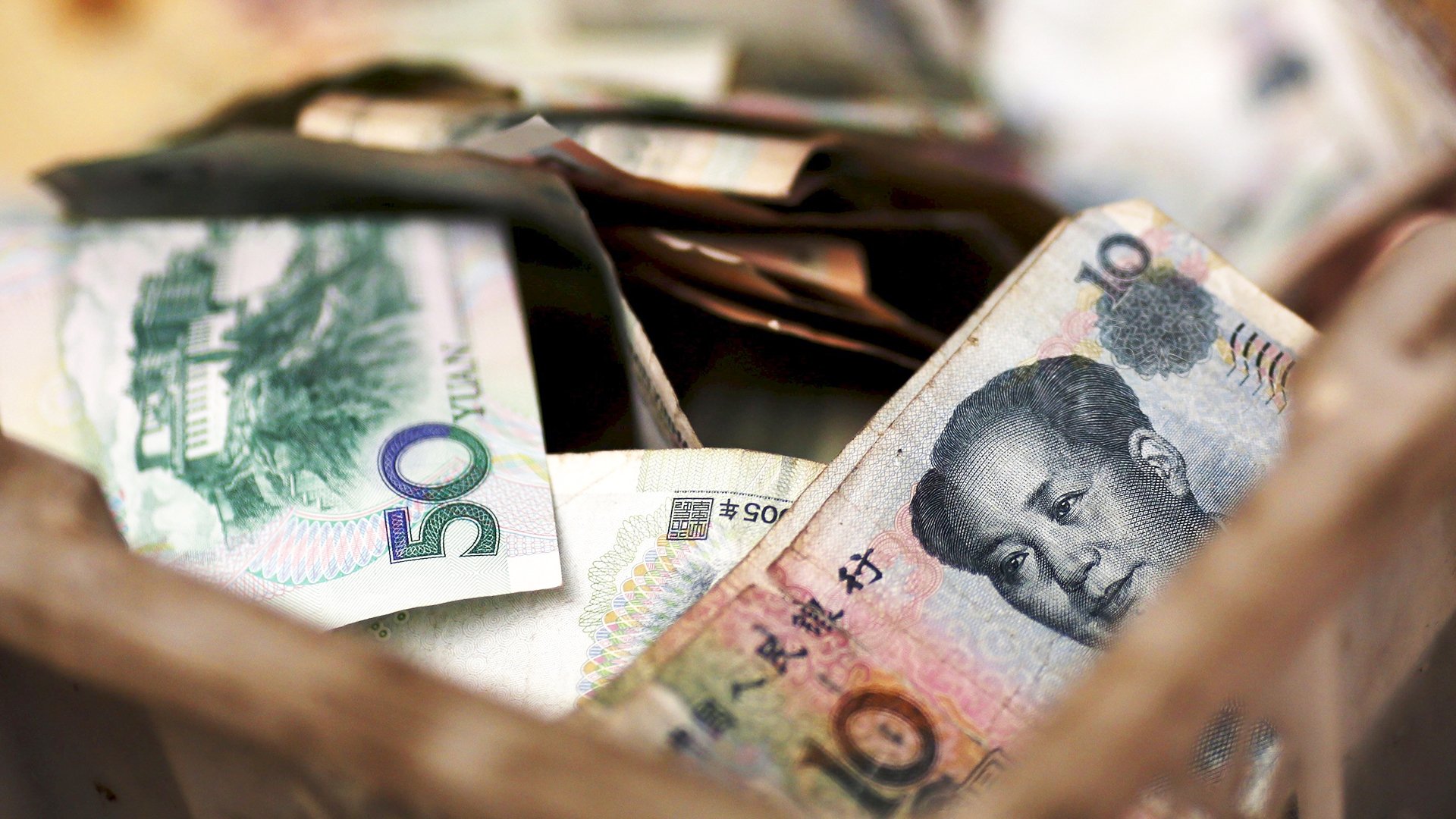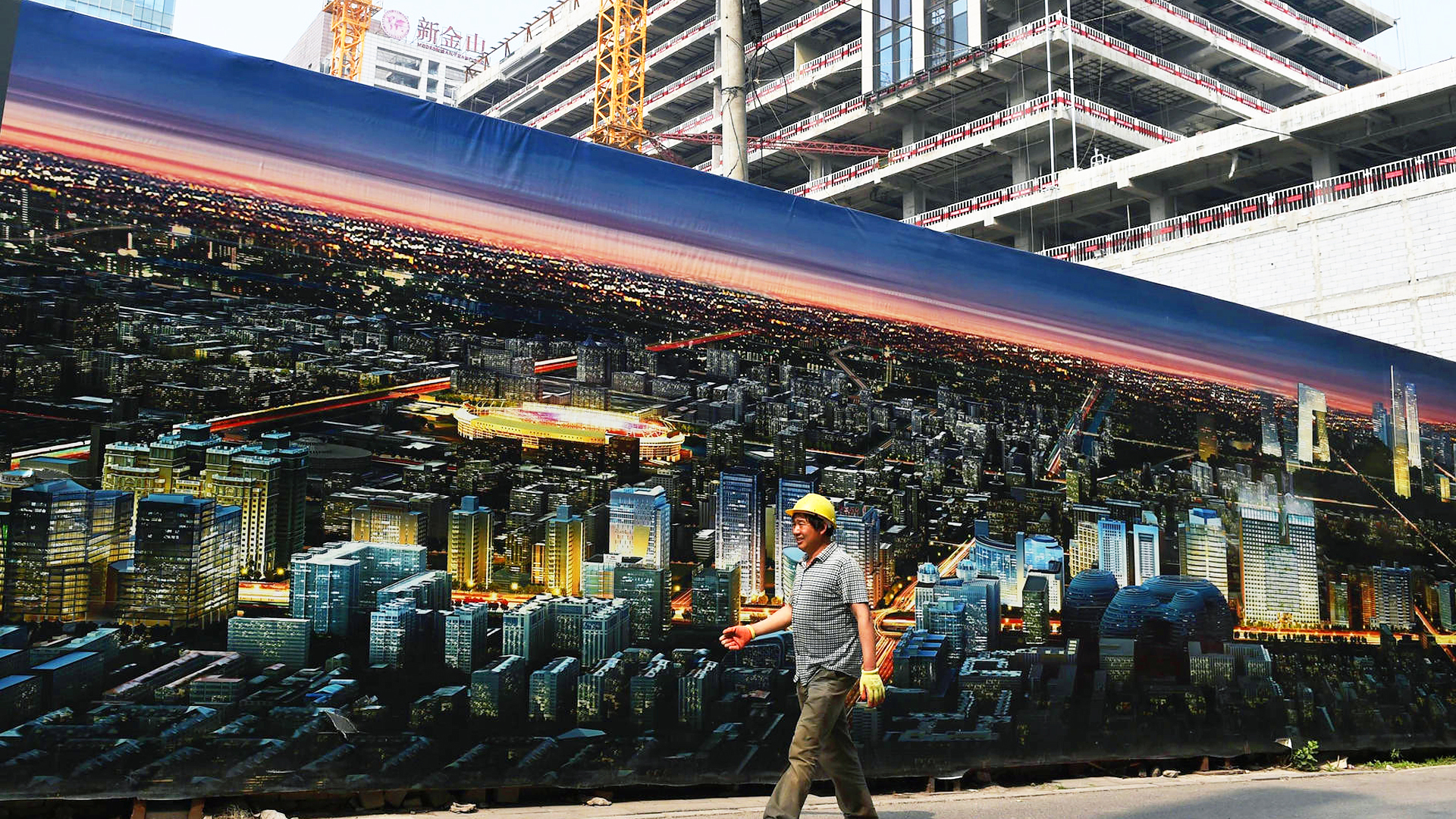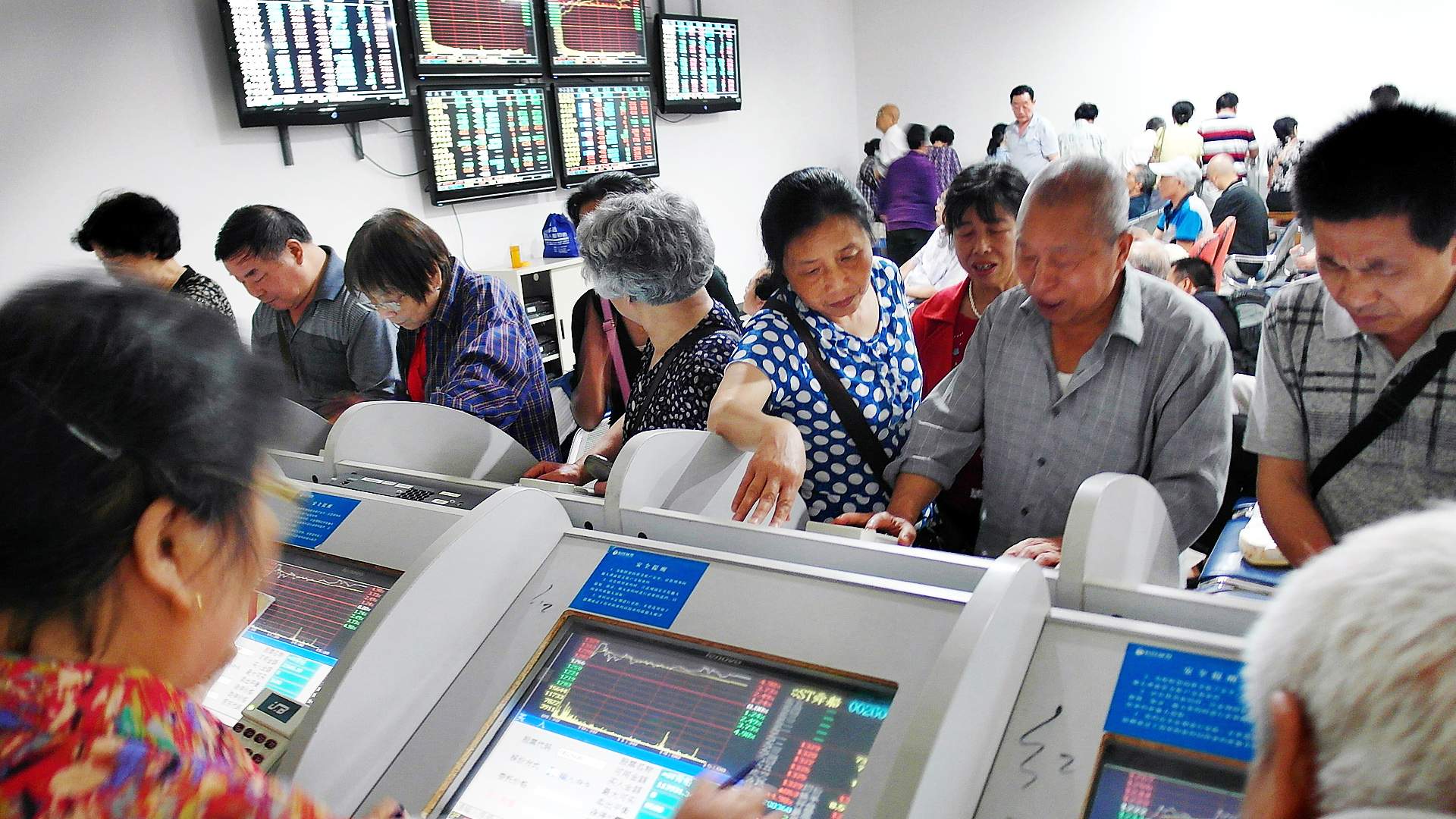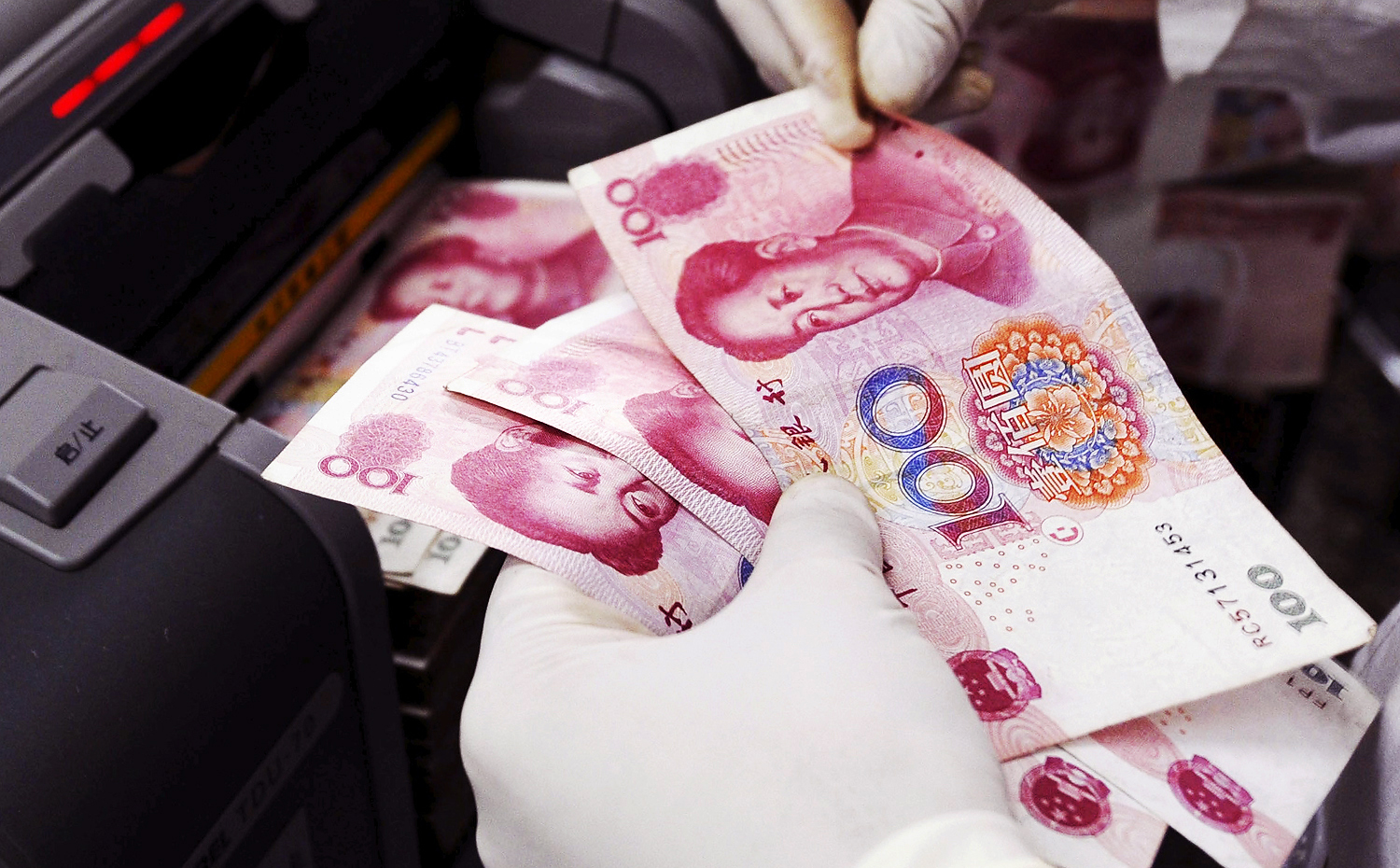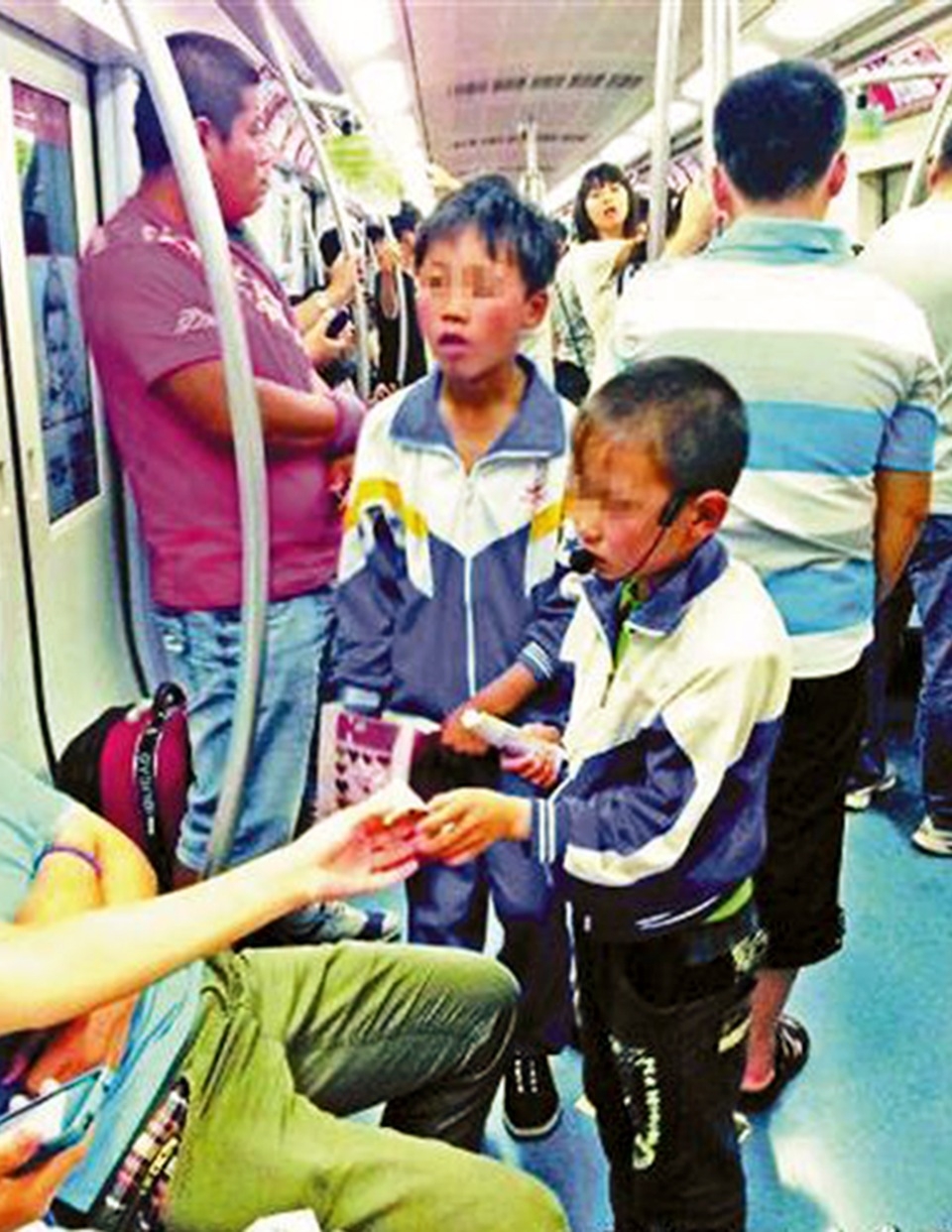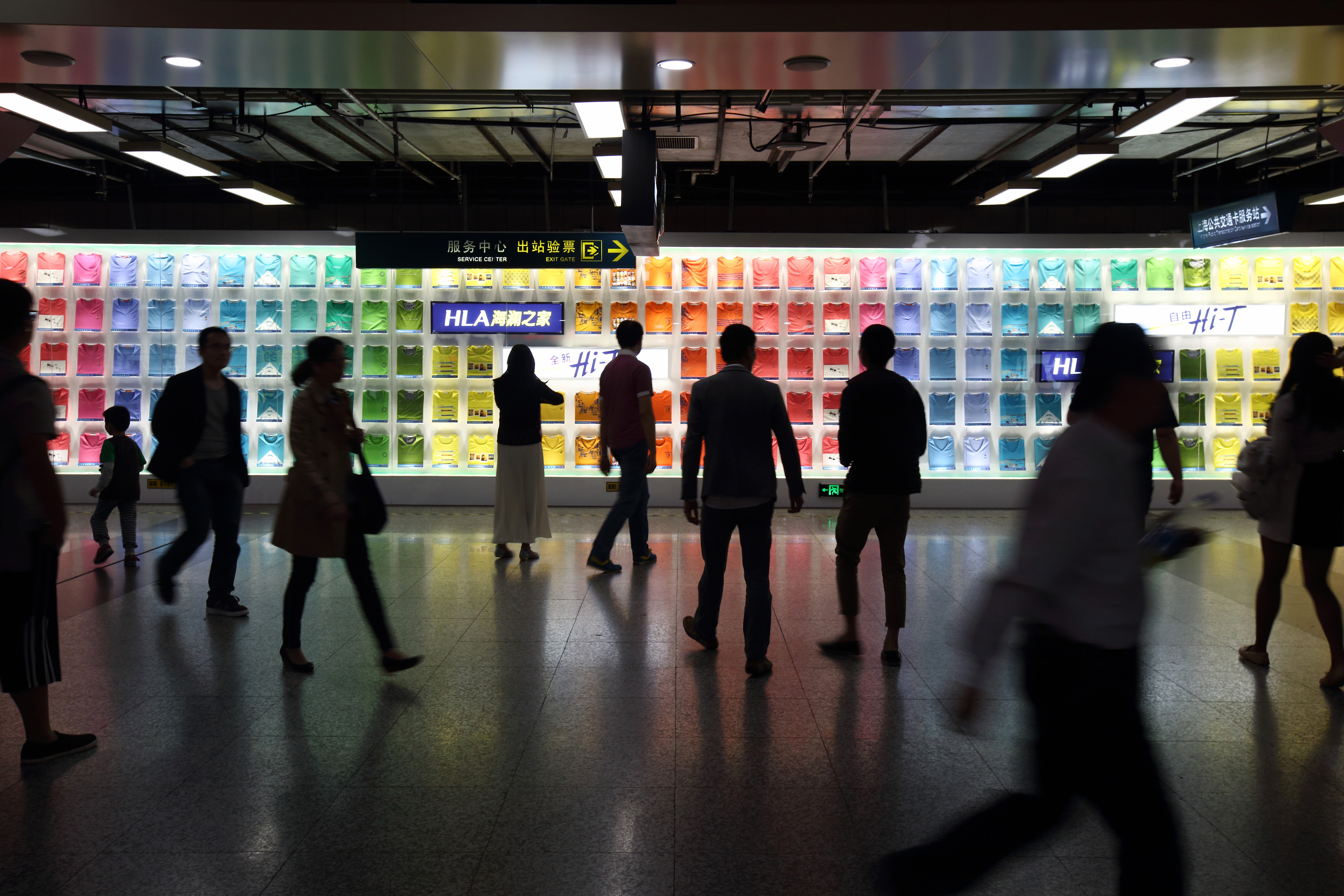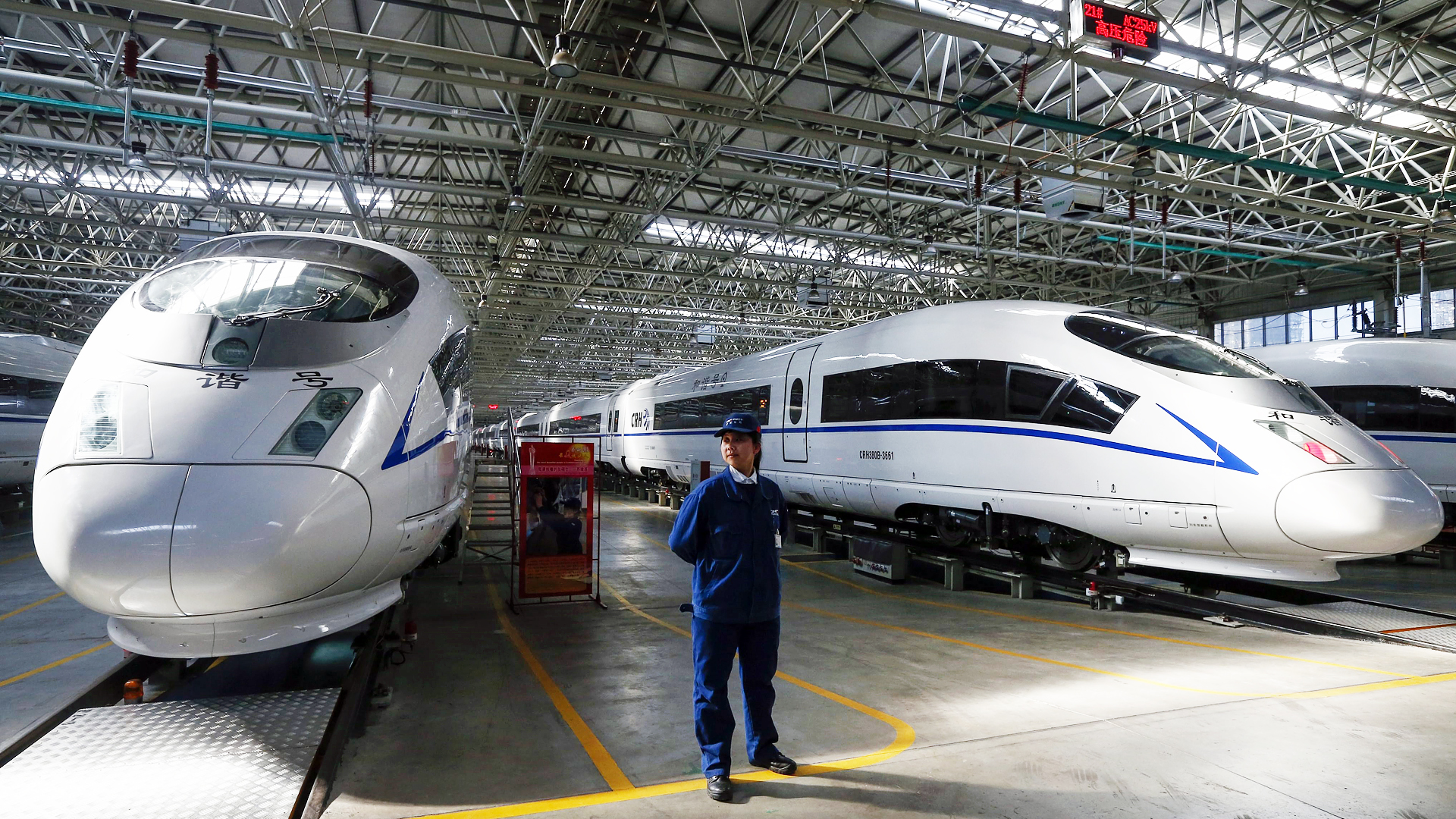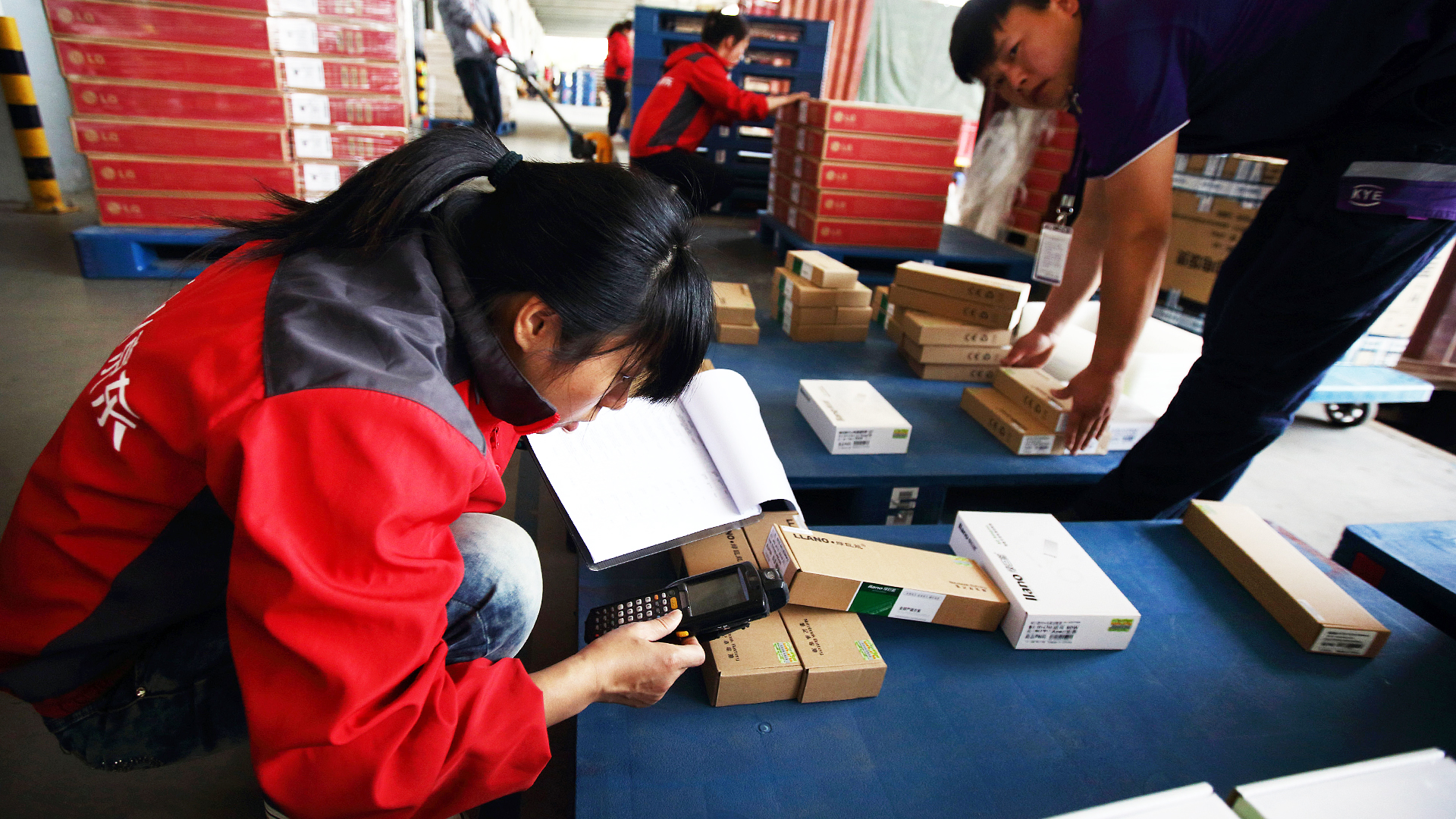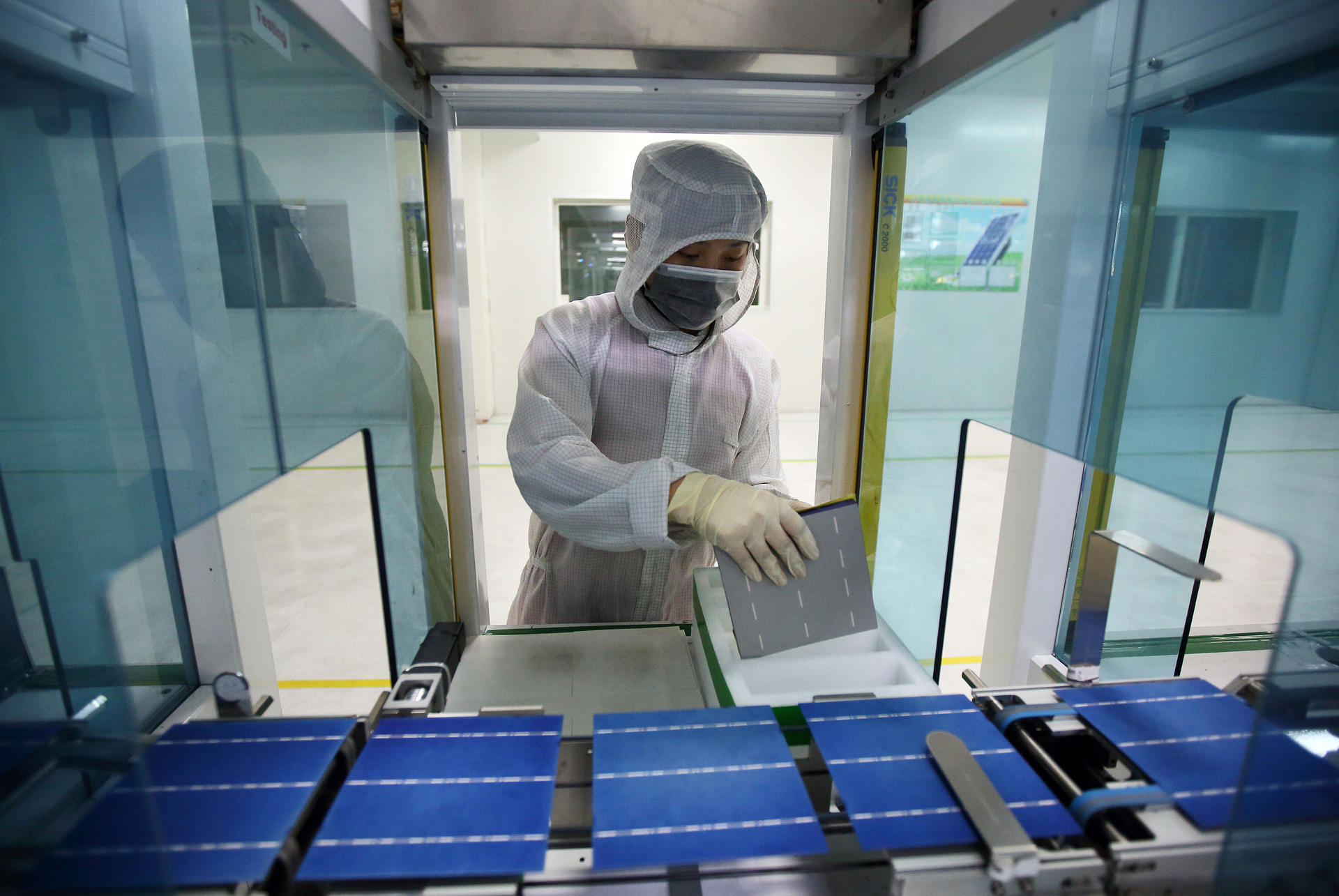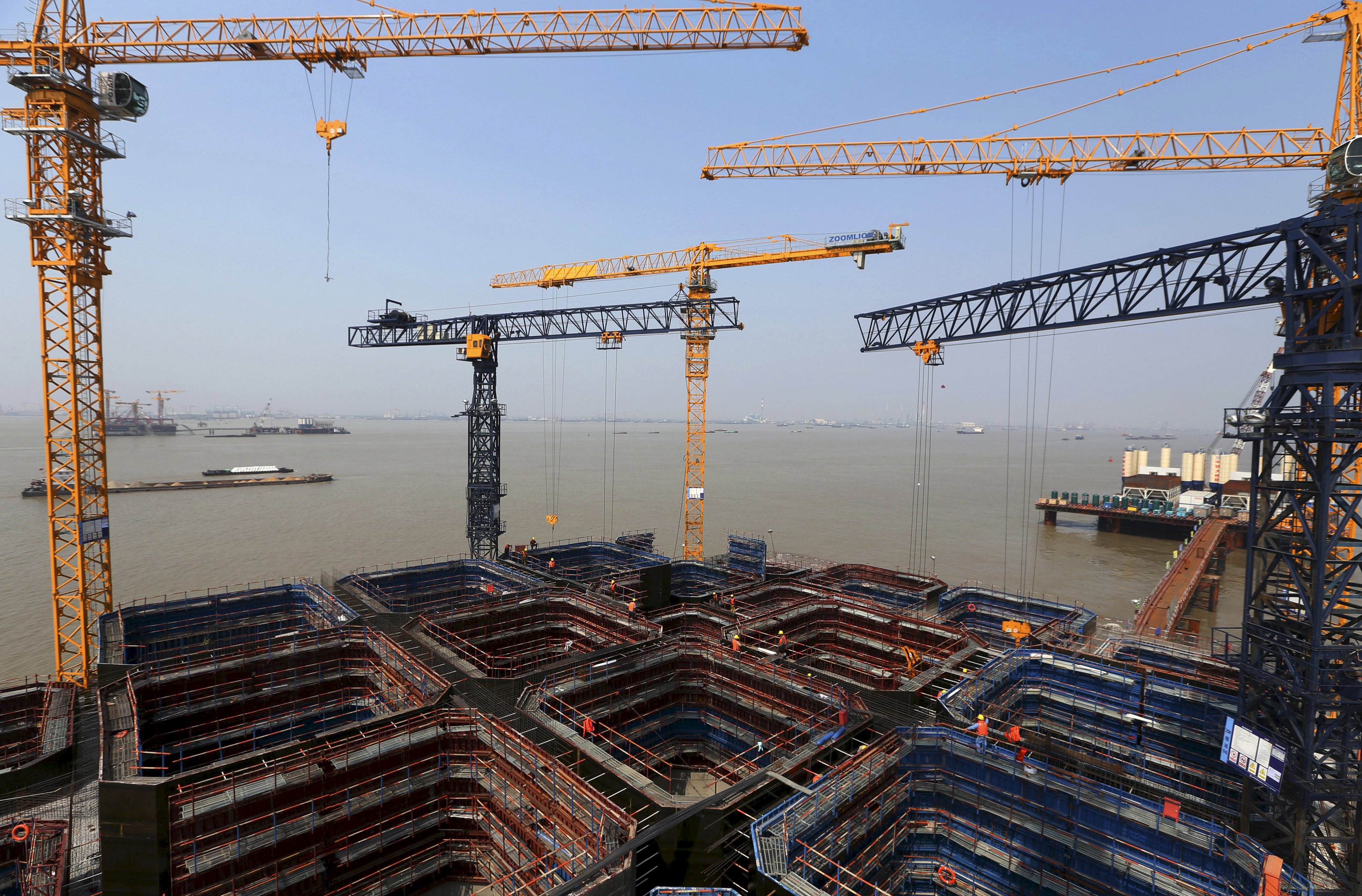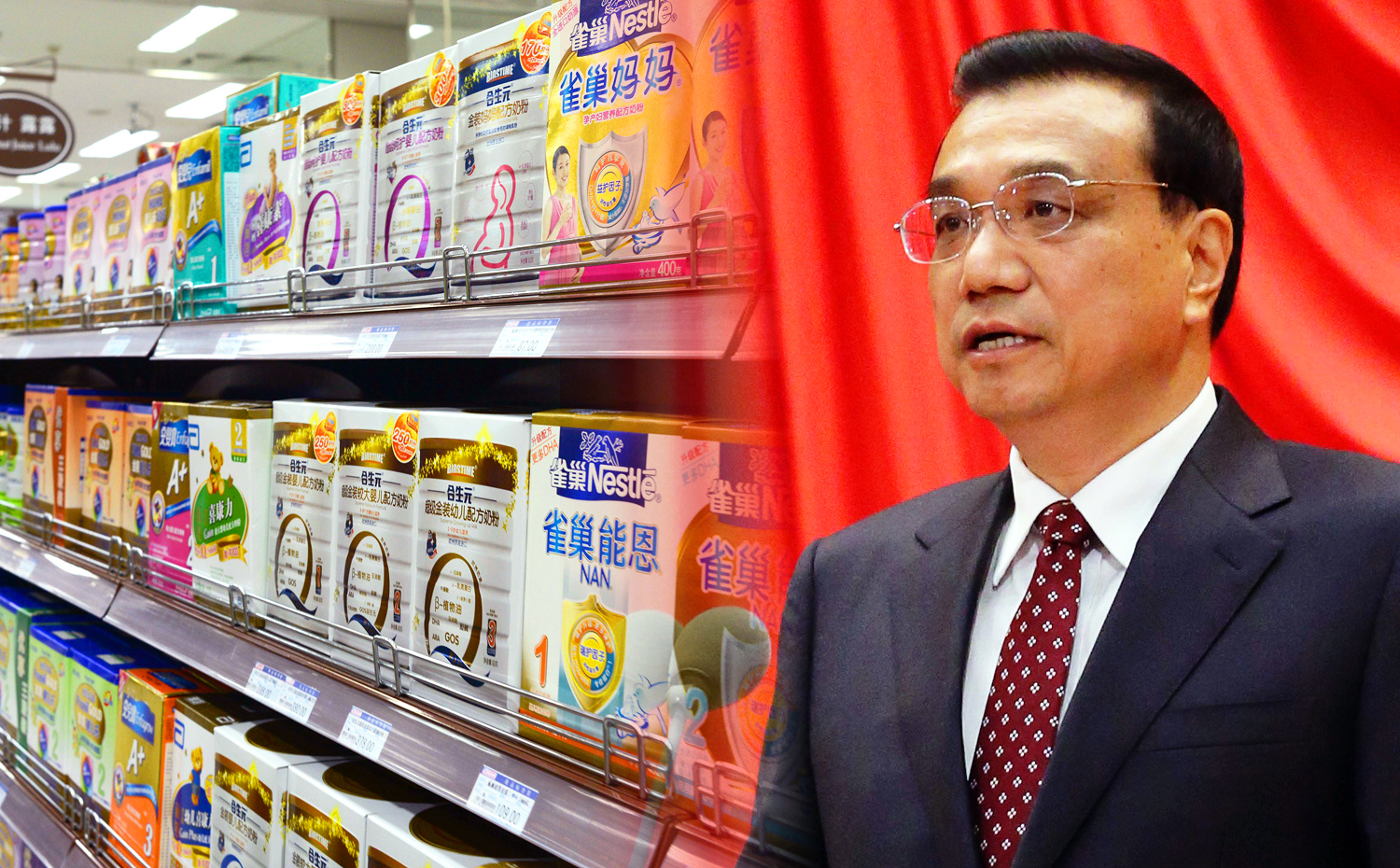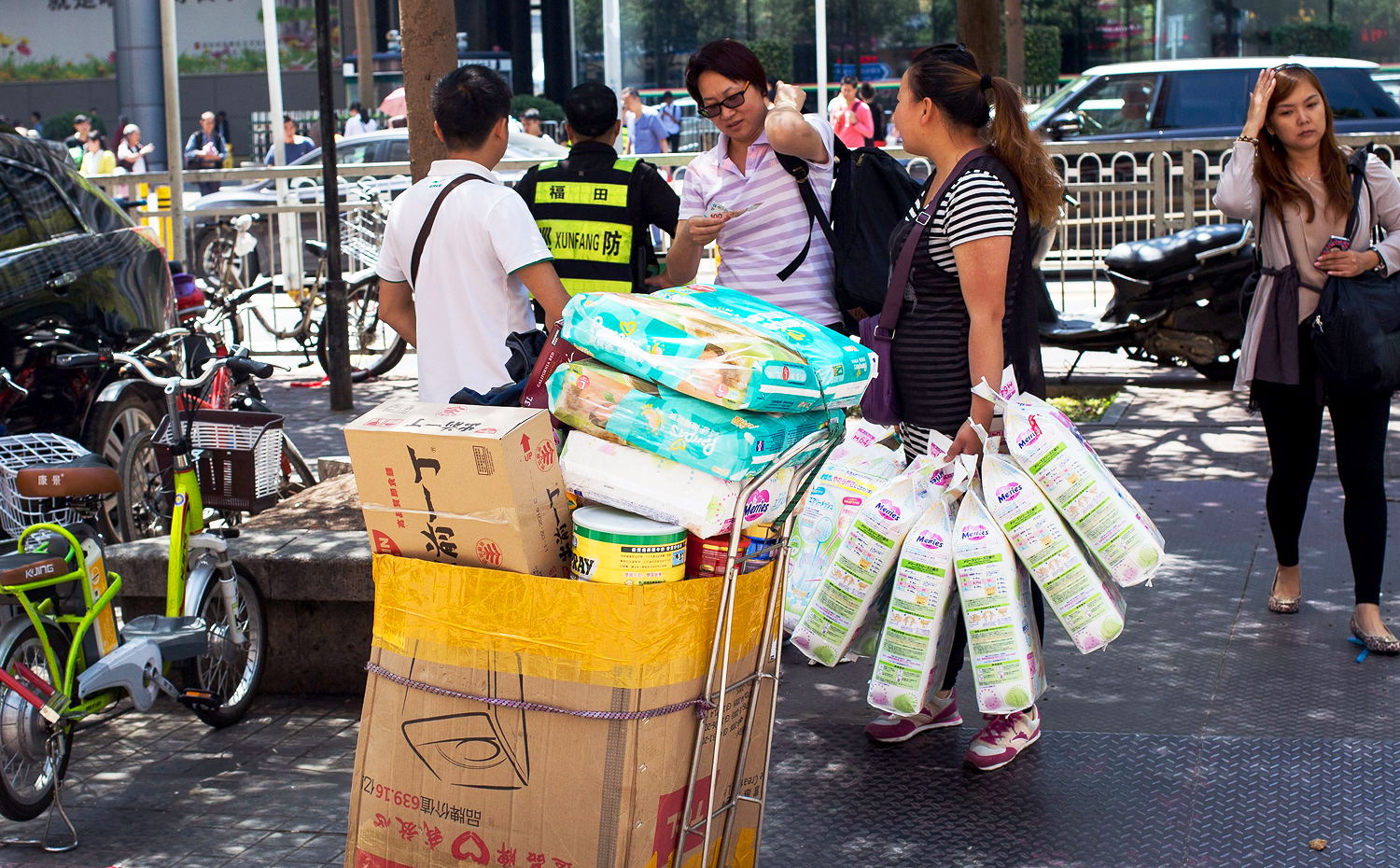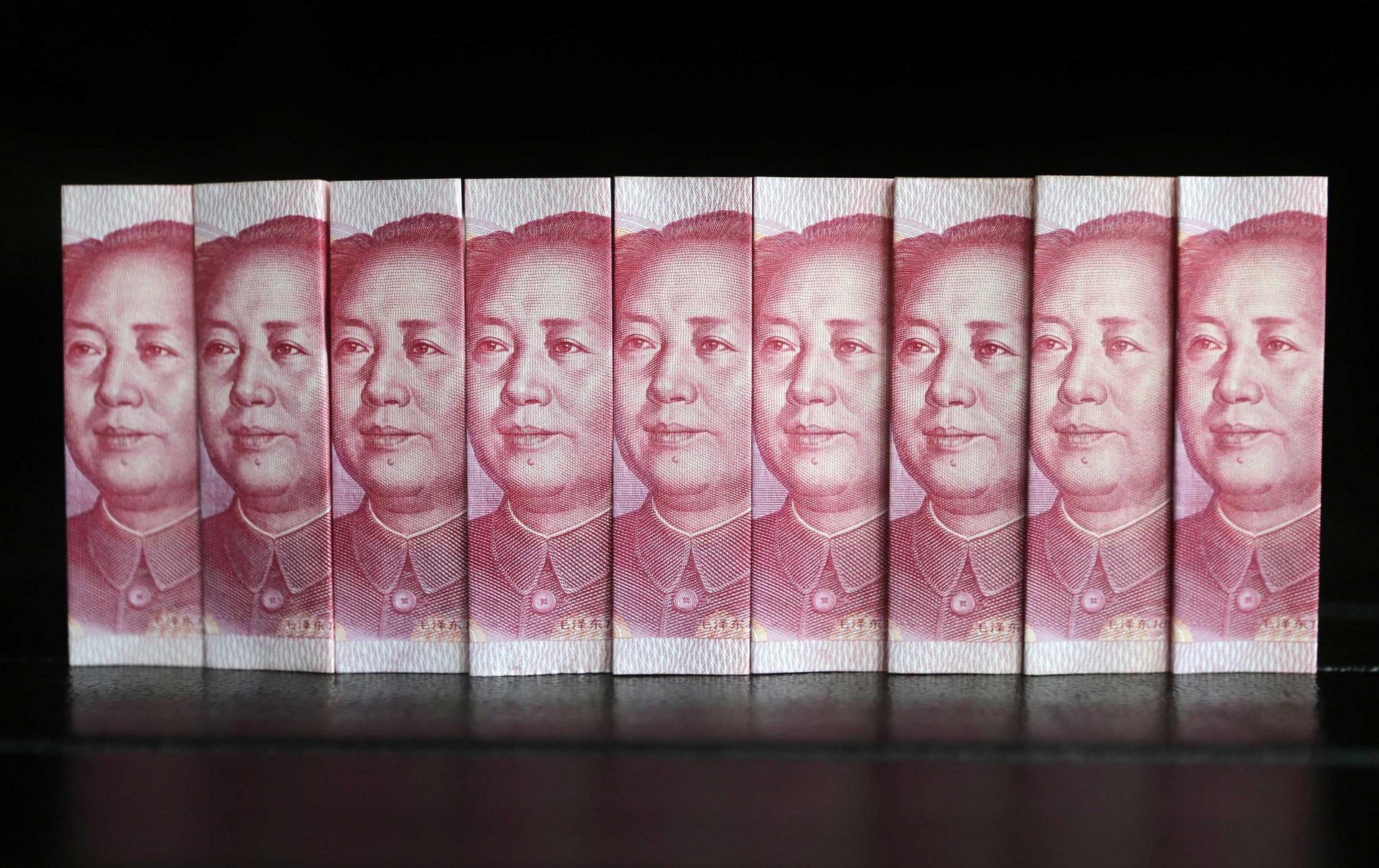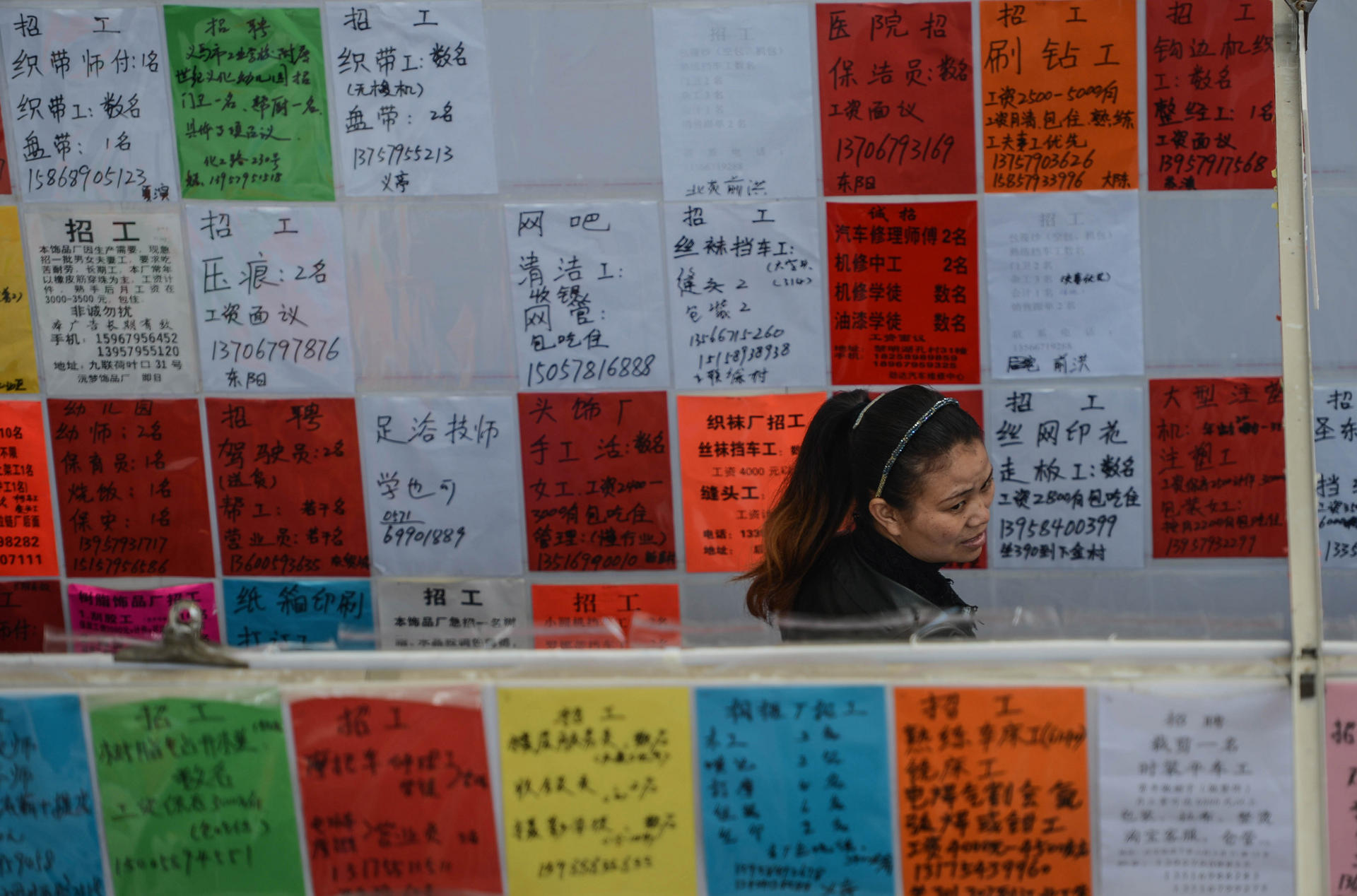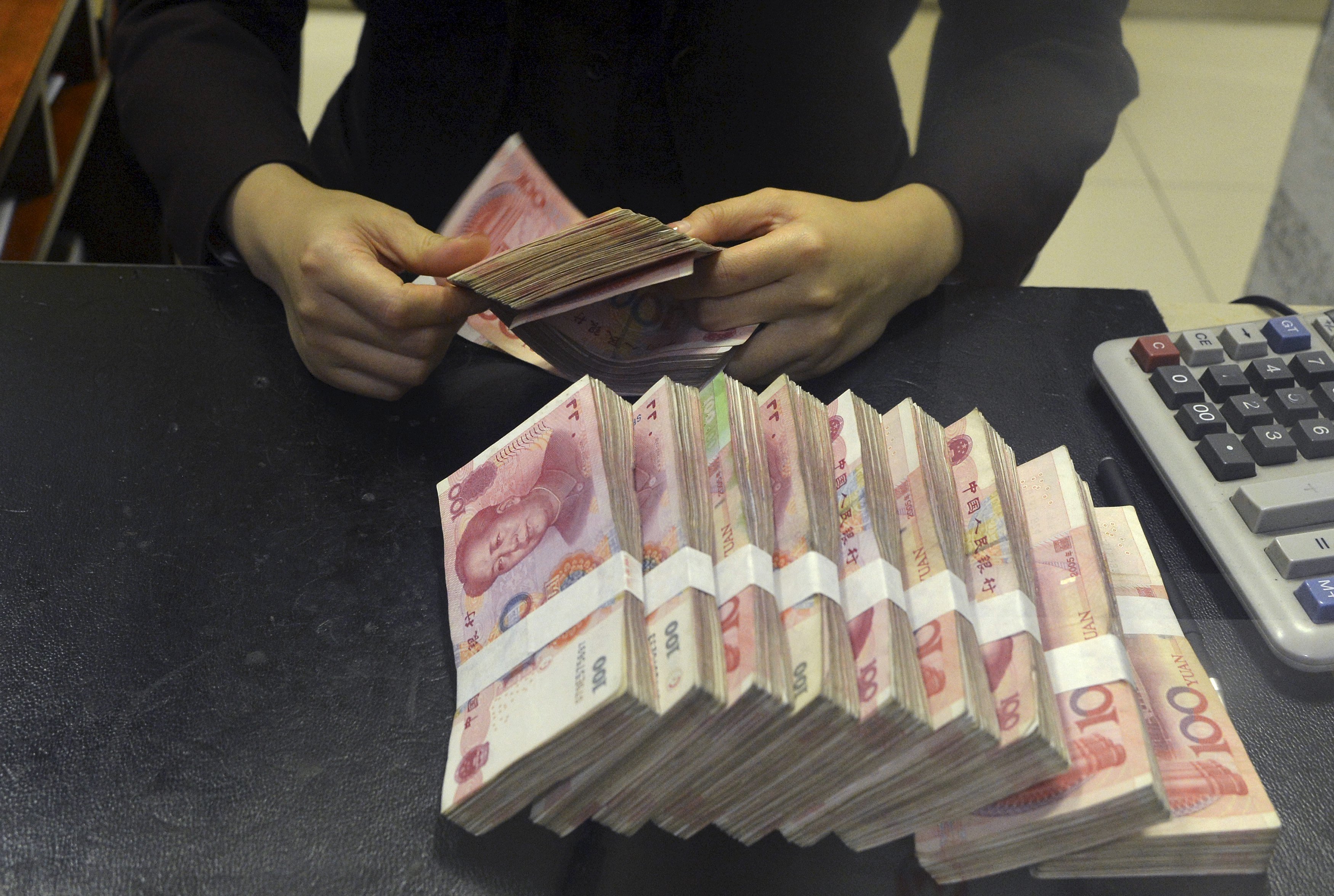Advertisement
Advertisement

Victoria Ruan
Victoria Ruan works at a strategic consultancy firm in Washington DC, serving clients from Fortune 200 companies to SMEs looking to expand overseas. She previously worked as a research fellow at Eurasia Group in DC, and also wrote extensively about China’s macroeconomic policy and politics at the SCMP, WSJ and Bloomberg News in Beijing. She won the William R. Clabby Award, Dow Jones’ top annual honour, on her coverage of China’s financial reform. With a master’s degree from the School of Foreign Service at Georgetown University, Ms Ruan seeks to deepen understanding between China and the West. The opinions are her own.
Victoria Ruan works at a strategic consultancy firm in Washington DC, serving clients from Fortune 200 companies to SMEs looking to expand overseas. She previously worked as a research fellow at Eurasia Group in DC, and also wrote extensively about China’s macroeconomic policy and politics at the SCMP, WSJ and Bloomberg News in Beijing. She won the William R. Clabby Award, Dow Jones’ top annual honour, on her coverage of China’s financial reform. With a master’s degree from the School of Foreign Service at Georgetown University, Ms Ruan seeks to deepen understanding between China and the West. The opinions are her own.
The pact would soften the impact upon Beijing of the US-led Trans-Pacific Partnership, analysts say
Advertisement
